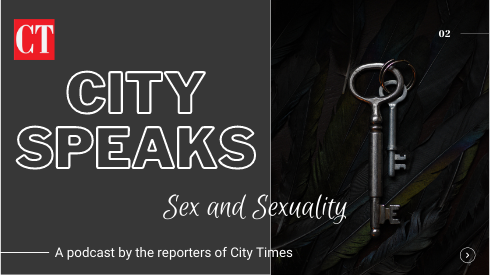Words are like ammo, they have power, and in some ways that power can be used to hurt people. Perhaps our art is a reflection of this knowledge.
Recently, the popular and critically acclaimed film director Quentin Tarantino came under fire after the release of “Django Unchained.” At its heart, the film is a love story shrouded in controversial times. It takes place in 1858, just two years shy of the Civil War, which would end in 1865 with the abolishment of slavery. At its forefront are Broomhilda and Django, a pair of married slaves. Their love story is thrown against the backdrop of the ironically named Candyland plantation after Broomhilda is sold at auction and separated from her husband. Django teams with Dr. King Shultz, a White bounty hunter, who vows to help him rescue Broomhilda.
It has gained notoriety since its release last Christmas for its depiction of heavy violence and blood shed – a Tarantino trademark- but also because the n-word is used over 120 times. Some argue that Tarantino makes light of slavery, spinning it and presenting it as a form of entertainment for audiences.
Tarantino has defended the film through many media outlets and interviews by saying it’s a depiction of history, a way to stay true to the era. Jamie Foxx, who plays Django, told “Nightline” that he agrees and Leonardo Dicaprio, who portrays Calvin J. Candie, spoke of how despicable of a character he is and how difficult it was for him to get into the role.
Other websites have argued that Tarantino should be criticized for this because he is White, but many forget to take into account that the film is itself a depiction of why we should not say the word.
It is not a term of endearment, a flag many seem to try to fly today. The reason people who are not Black should not use it is because of its history. If times are changing then it is their word to take back, not yours. It has roots, painful, deeply embedded roots. Django has no freedom because he is a “n—-r.” His wife is raped repeatedly and whipped by White men who spit this word into her face as they violate her and mar her skin with deep red gashes. She is punished, forced to strip naked and thrown into a hot box, a form of solitary confinement and heat torture that resulted in dehydration and death for many slaves, because she is a “n—-r.”
We would not refer to gay or lesbian communities as “dy–s” and “fa—ts” and then try to pass it off with love, the same way we would not want to refer to Asians as “Yellow” or throw other derogatory words around for any race with a chuckle, wave and a shrug of “I can’t be racist! I have Black friends!” Don’t let a sense of entitlement blind you.
We’ve come a long way, no matter how long or uneven that road was. Our classrooms are no longer segregated. We have a Black president in the White House. The movie is a depiction of why we should learn from where we come from and never ever go back.
It may seem weird to have regulations for who can use words but lets remember that words are power. Some argue for a separation between church and state, but we should also remember to have a line between pop culture and real life and in the way we interact with one another.


